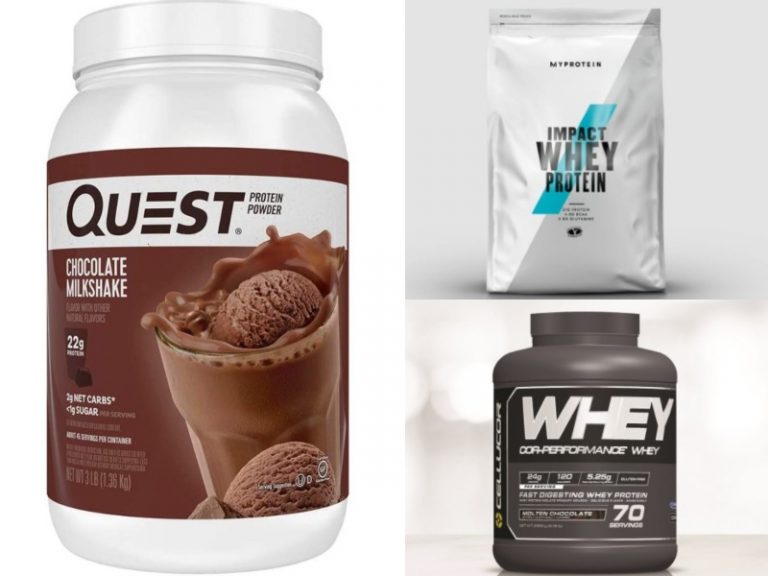

Perhaps the greatest benefit of protein powders is they’re a convenient source of important nutrition. “Now, when I fuel my workouts, as opposed to doing them fasted, I perform better, recover better, and feel the benefits to my body.” Earlier in Braddock’s career, she worked with endurance athletes, but today, she helps guide teen athletes. “I see the power of nutrition and how it helps people feel better and perform better,” she says, noting that once she started making intentional food choices as a teen volleyball player, her stamina and performance improved. She’s been focused on sports nutrition for 15 years, after having seen the role nutrition played in her own athletic performance. The Expert: Jenna Braddock is a sports dietitian and author of The High-Protein Vegan Cookbook for Athletes. “In those cases, you can look at powders as something you can supplement with and take a load off of some of that meal prep,” she says. Increasing that intake through diet alone can become challenging, she says, making a protein powder a smart option. There is also research that recommends older runners boost their protein intake to promote muscle synthesis after a workout, Braddock says. Braddock points out that runners in peak training, people who are juggling hectic schedules, breastfeeding runners, and vegan or plant-based runners might need more protein and calories. That said, there are certain situations, often temporary, during which runners have increased protein needs and would benefit from supplementing with a powder. “You don’t have to have protein powder products even though marketing tells us otherwise,” Braddock tells Runner’s World. Runners who follow a varied diet-even vegetarians-likely consume enough protein from whole foods, says registered dietitian Jenna Braddock, C.S.S.D.


For a 150-pound person, that’s roughly 75 to 135 grams per day. The recommended protein intake for runners is 0.5 to 0.9 grams per pound of body weight, according to the Academy of Nutrition and Dietetics. Over the years, we’ve seen nutritional trends that push the macronutrient, including moves by food manufacturers to add it to things like cookies and ice cream.Įxperts recommend that athletes might benefit from consuming more protein than their non-runner counterparts. When it comes to optimal performance and recovery, most runners know that protein plays a crucial role.


 0 kommentar(er)
0 kommentar(er)
